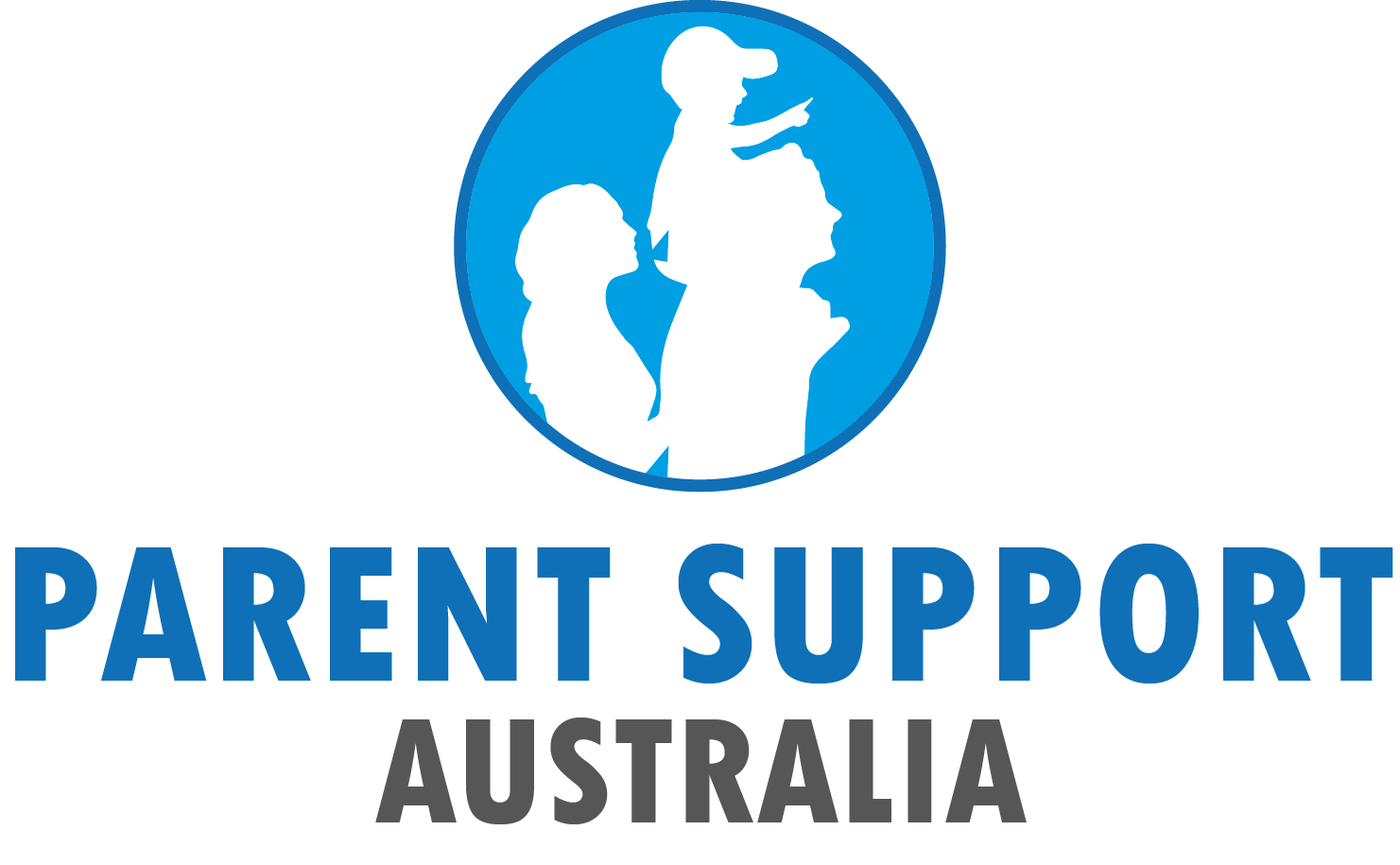Many parents have described feeling an awkward sensation of grief while their child was still healthy in the womb, while others even felt guilty and didn’t understand why they would grieve for someone who was still alive and / or a child that would live. This is called anticipatory grief.
Indeed, your child is still kicking and is seen as “normal” but you know that this will come to an end. You may be anticipating the next few months and starting to experience grief-like symptoms (Geldard, 1989). These may be:
- Emotional (sadness, anger, depression);
- Mental (preoccupation with thoughts of the baby, fantasies, fear of going crazy);
- Physical (aching, emptiness, lack of strength, palpitations);
- Social (desire to be left alone, problems communicating, difficulty planning the future)
Although parents experience one primary loss in losing their baby or their dream baby as they imagined him or her, they in fact experience multiple secondary losses (loss of their ideals, loss of hope, loss of their family, loss of innocence, loss of security, to name just a few). The pattern for many parents is the same as the one they will experience after the birth of their child; they go through various and intense grief emotions. The once quite strict grief stages are no longer believed to apply. However some of those emotions would be recognized by grieving parents
- Shock (sudden numbness, inability to function normally)
- Denial (disbelieving the diagnosis, trying to find a solution)
- Guilt (the parents may wonder what they did, perhaps ate or drank, to make their baby sick)
- Anger (parents may be angry with the medical staff for what they did or did not do, or with friends for smoking in front of the pregnant mother etc.)
Anticipatory grief is more than just pre-death grief symptoms over a few months. It is a journey towards the ultimate loss but is composed of many losses of the past, present and future (Gilbert, 1996, p. 269).
Parents who lose a child often go through one or more of the following experiences listed below.
- Feel tightness in the throat or heaviness in the chest
- Have an empty feeling in their stomach and lose their appetite
- Feel guilty at times and anger at others
- Feel restless and look for activity but find it difficult to concentrate
- Feel as though the loss isn’t real that it didn’t actually happen
- Sense the loved ones presence like finding themselves expecting the baby to be in their crib when you walk in the nursery hearing their cry or seeing their face
- Wander aimlessly and forget and don?t finish things they have started to do around the house
- Have difficulty sleeping and dream of their loved one frequently
- Experience and intense preoccupation with the life of the baby
- Feel guilty or angry over things that happened or didn’t happen in the relationship with the deceased
- Feel as thought they need to take care of other people who seem uncomfortable around them by politely not talking about the feelings of loss
- Need to tell and retell and remember things about the baby and the experience of their death
- Feel their mood changes over the slightest things
- Cry at unexpected times
These are all natural and normal grief responses. It’s important to cry and talk with people when you need to. As you go through the process it will be important for you to receive support from friends, family and other significant person that you can experience your grief in a healthy way.
Whilst we once believed that parents “accepted” their child’s loss and/or grief over time, we now know that many other ways of ‘accepting’ may occur. Those include meaning creation and post traumatic growth. It is no longer believed that parents need to ‘overcome’ their loss, but rather find meaning in it as well as a way to co-exist with the memories of their child.

Add a Comment